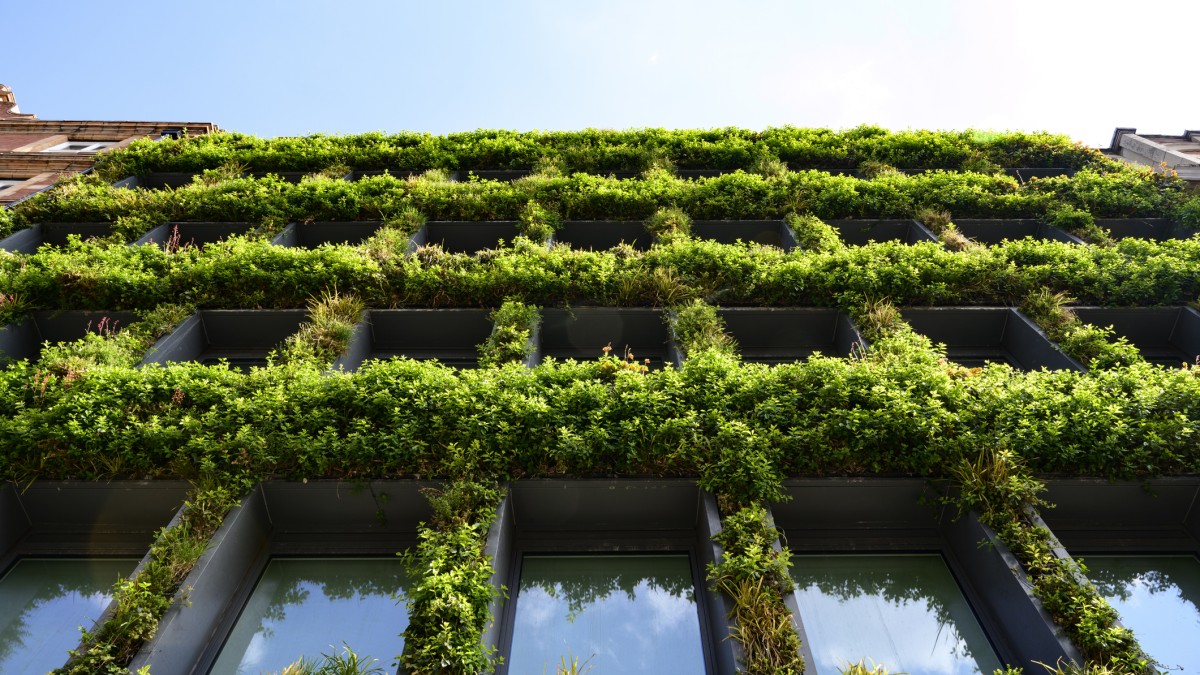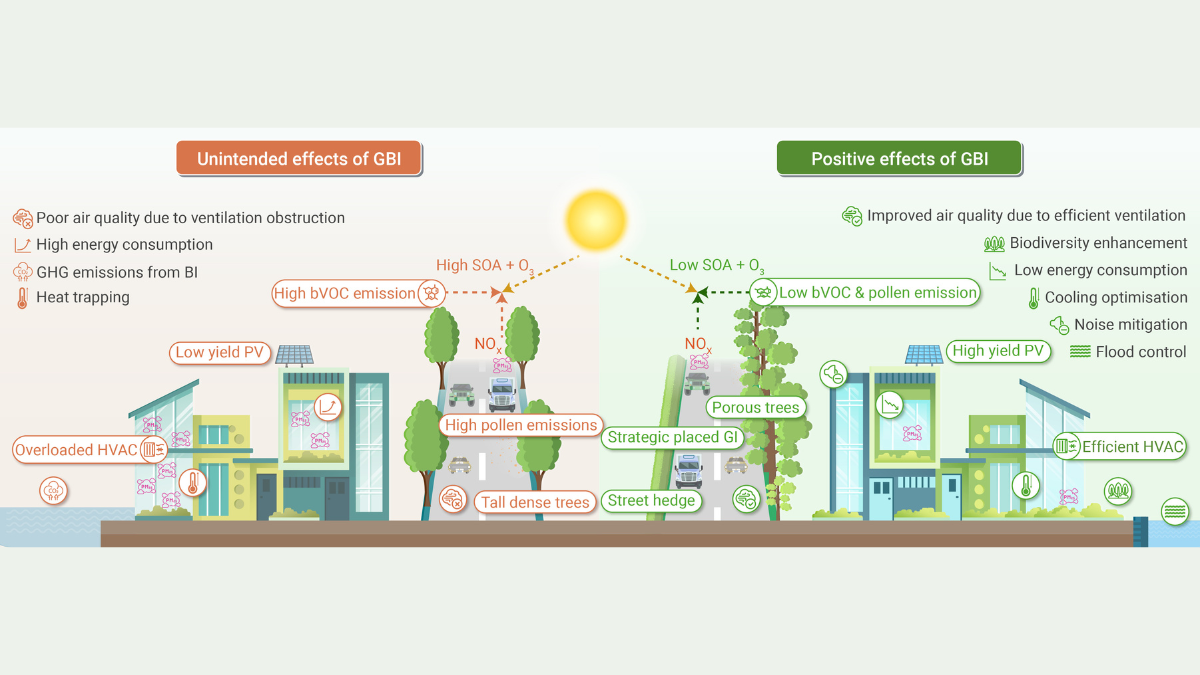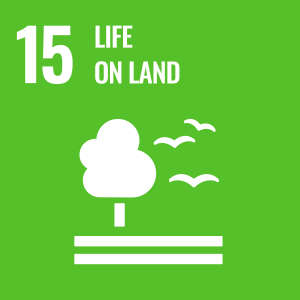Cities missing out on nature-based solutions that could boost climate resilience, global experts warn
With climate change expected to intensify heatwaves, flooding and air pollution in cities worldwide, why are we not tapping into the full potential of nature-based solutions?

An international study led by the University of Surrey’s Global Centre for Clean Air Research (GCARE) in collaboration with 86 specialists across 11 countries explores the current barriers hindering the implementation of green and blue infrastructure (GBI) that could help build climate resilience – such as parks, trees, rivers, wetlands and green roofs.
Drawing on more than 500 scientific papers and insights, this research provides the most comprehensive analysis to date of why GBI projects often fail to achieve their intended impact, offering actionable strategies for practitioners and policymakers to enhance GBI resilience across diverse urban settings.
Where previous studies have focused on the benefits of GBI, this new review examines 21 critical but overlooked factors spanning four interconnected domains: technical and systems integration challenges, social and economic barriers, and governance gaps.
Among these are conflicts with net-zero and renewable energy targets, research fragmentation, unintended environmental consequences such as allergenic pollen or greenhouse gas emissions from poorly designed wetlands, fragmented regulations and the persistent undervaluation of biodiversity and social equity. Researchers also identified social barriers, cultural misalignment, safety and security concerns, low public adoption, the need for more resilient plant species, design taste differences and weak policy integration as significant obstacles.

Unintended vs positive effects of GBI
Published in The Innovation, the study presents twelve recommendations to help integrate GBI more effectively into urban areas. These include creating context-specific design frameworks, investing equitably in underserved neighbourhoods, developing innovative financing such as green bonds and embedding participatory approaches that give communities a genuine voice in shaping their environment.
The work brings together environmental and social scientists, engineers, economists, urban planners and stakeholders to map 21 underexplored barriers to the implementation of nature-based solutions in the real world, across environmental, social, economic, governance and policy domains. In bringing together such a wide range of disciplines and international perspectives, we have been able to show not just what works, but why it sometimes doesn’t.Dr Maria Athanassiadou, Scientific Manager of Urban Climate Applications team at the UK Met Office, and co-author of the paper
This provides empirical evidence that green and blue infrastructure constitutes a practical, actionable pathway for immediate climate action. By enabling policymakers to mainstream nature-based solutions, it offers a means to reduce emissions, mitigate climate risks, enhance urban resilience, and advance net-zero targets, while promoting healthier and more equitable cities for current and future generations.Dr Ajit Ahlawat, co-author of the paper from Delft University of Technology
This work has been carried out under the framework of UKRI Funded RECLAIM Network Plus (EP/W034034/1) and the GP4Streets (UKRI1281) projects. The research builds on Surrey’s long-standing leadership in nature-based solutions and clean air research, including major international collaborations through its Global Centre for Clean Air Research and Institute for Sustainability. The work directly supports global initiatives such as the UN Sustainable Development Goals, the European Green Deal and the Paris Climate Agreement, positioning Surrey and its partners at the forefront of sustainable urban development.
###
Notes to editors
- Professor Prashant Kumar is available for interview; please contact mediarelations@surrey.ac.uk to arrange.
- The full paper can be found here: https://doi.org/10.1016/j.xinn.2025.101184
- Reference: Kumar, P., et al., 2025 - Overlooked Considerations in Prescribing Green and Blue Infrastructure Solutions for Urban Environments - The Innovation
Related sustainable development goals



Media Contacts
External Communications and PR team
Phone: +44 (0)1483 684380 / 688914 / 684378
Email: mediarelations@surrey.ac.uk
Out of hours: +44 (0)7773 479911
